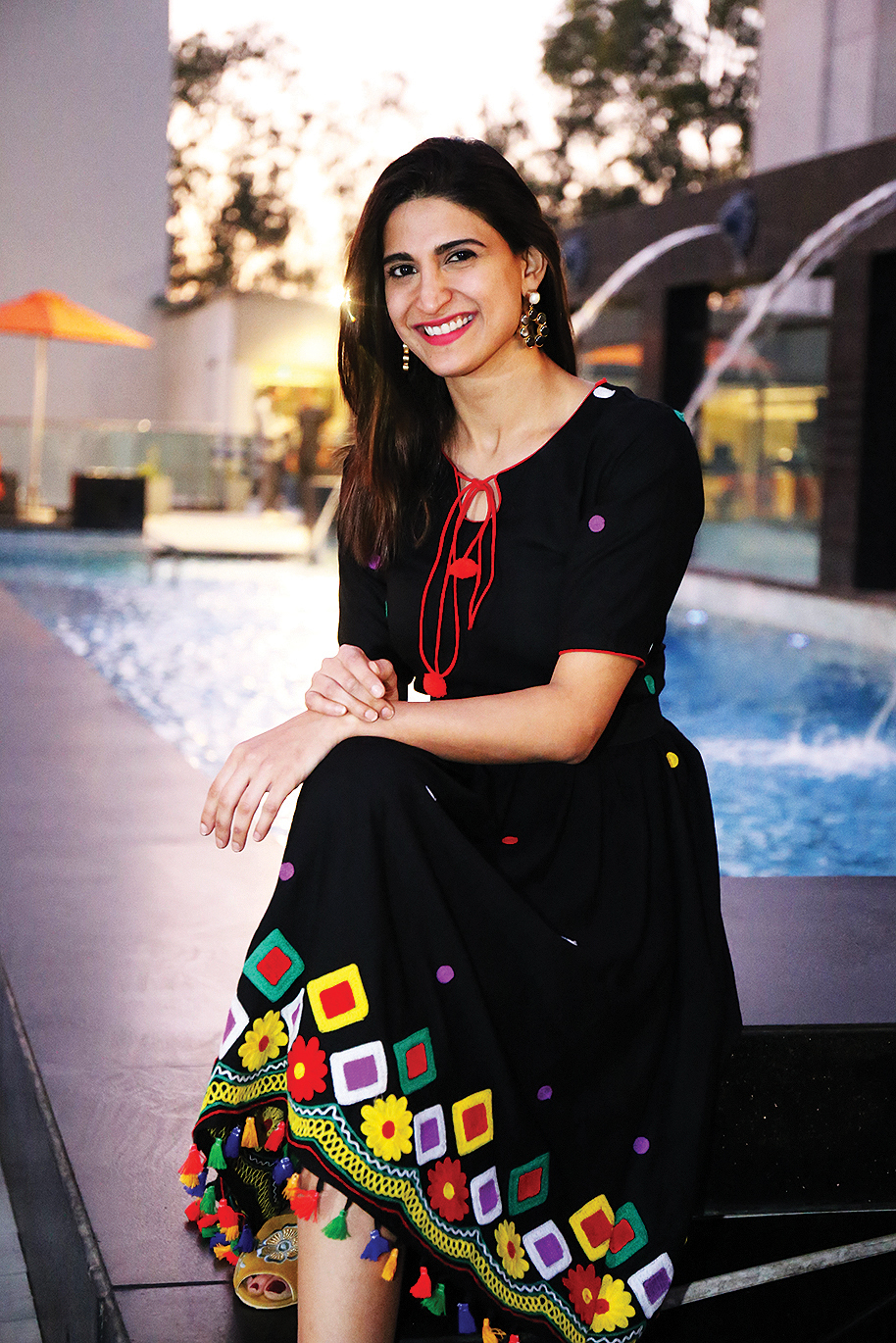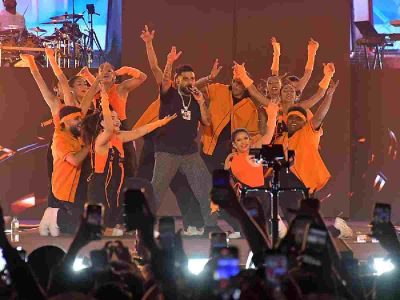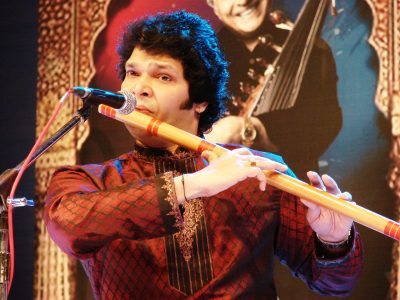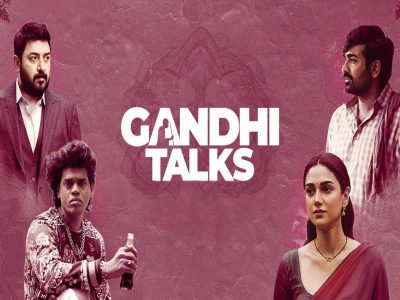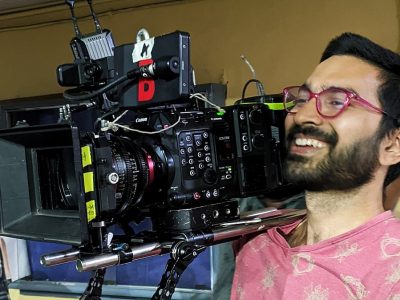Aahana Kumra of Lipstick Under My Burkha fame opens up about her experience of sharing screen space with Amitabh Bachchan and her projects for Voot and Zee5
Lucknow-born Aahana Kumra shot to fame with the success of Alankrita Shrivastava’s Lipstick Under My Burkha. But success didn’t come overnight for Aahana. She had to toil for years before she could prove her worth as a versatile actor.
An acting graduate from Whistling Woods, she had to take up a series of odd jobs in order to support herself in Mumbai. Her first break came in form of the 2014 Sony TV series Yudh starring Amitabh Bachchan in the titular role wherein she played the part of his daughter. But the show’s shocking failure temporarily jolted her progress.
In this interview, she talks about her early training under Naseeruddin Shah, the experience of sharing screen space with Amitabh Bachchan, the challenge of playing an out-and-out bold character in Lipstick Under My Burkha and her upcoming project for Voot wherein she stars opposite Rajeev Khandelwal.
Excerpts
Lipstick Under My Burkha is a ground-breaking film in so many ways. How do you look back at the film’s journey as an integral part of your career?
When I signed up for Lipstick Under My Burkha, I knew it was a small budget film. Such films usually take time. It’s not easy to release a small film in India especially with women leads and no male stars.
Moreover, it has traditionally not been easy for women directors. But of late, the situation has greatly improved as now everyone wants to work with filmmakers like Meghna Gulzar, Zoya Akhtar, Alankrita Shrivastava, Ashwiny Iyer Tiwari and the others — because they have broken barriers and created box-office records.
After Lipstick was completed we didn’t hear from Alankrita for a long time. I had almost thought that the film might not even come out. Then finally Alankrita called up and asked us to come to the Tokyo International Festival. She said that it was important to start making a buzz in the festivals.
So, Plabita Borthakur, I and Alankrita traveled to Tokyo together for the premiere. That’s the first time I saw the film and I absolutely loved it and not just because I was a part of it. After the film got over, there was a long queue for taking autographs. I remember a Japanese girl who came to Alankrita and hugged her tightly.
It was so overwhelming to see a story in Bhopal striking chords with a woman in Tokyo. I think that’s the beauty of cinema with powerful human stories. After that I travelled with the film to Australia and the US and the response everywhere was so positive. However, I do remember an odd incident in Australia wherein three men walked out of the screening in protest. I think it’s a result of their conditioning. The film was too much for them to take. The people who have gone abroad are still stuck somewhere in the ‘70s and the ‘80s. I think now finally they are coming to terms with the content that India is producing. But back in the day it was all about films like Kabhi Khushi Kabhie Gham.
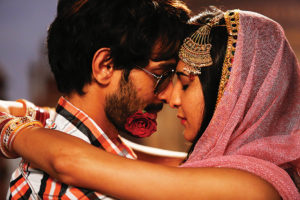
You play a bold and free-spirited woman who dares to break free of the lopsided gender norms in a deeply patriarchal society. One seldom gets to see a character like Leela. How did you prepare it?
To tell you the truth, it wasn’t easy at all. First of all ,coming to terms with the fact that I have to be physically involved with somebody in a film was a big challenge for me. The biggest challenge was to be completely uninhibited as an actor.
And, Vikrant Massey was equally scared. It is not easy for anyone. Regardless of your gender, physical contact with another actor for the first time always makes you nervous. But you have to have an immense amount of trust and respect for your co-actors. You have to trust your director and we immensely trusted Alankrita.
On the first day of the shoot, I remember Alankrita was sitting there and she just said that you guys should kiss each other. My first reaction was that it’s not in the script. Vikrant had the same reaction but Alankrita felt that it was really important. So we requested her to have a closed set for this. We politely asked everyone to leave and it became a really intimate space. That’s how we started feeling more comfortable. Also, we were really fortunate to have the most wonderful crew.
You play Shiv Prakash Shukla’s lover in the Zee5 gangster series Rangbaaz and for the most part, your character is restricted to your apartment. Tell us about your association with the project?
For Rangbaaz, the entire shoot is done in Lucknow. Now, my entire performance in that show is on a phone. And that’s the reason why I agreed to do the show. Actually, Lucknow is my hometown. I moved to Mumbai at the age of 12. The place where we shot my scenes for Rangbaaz is literally 10 metres from my house.
I am so grateful to the creative team that even though I only had interior sequences, they chose not to shoot them in Madh Island. Instead, they decided on Nirala Nagar in Lucknow where my aunts still live. I completely understand budgetary constraints but it is really amazing if a director can put his/her foot down and say that I am going to shoot this entire show in this city. Every place has a certain ambience and I don’t think you can replicate that elsewhere. I feel it’s very important to give actors that kind of space.
What was it like to work with Amitabh Bachchan on the 2014 Sony TV series Yudh helmed by Anurag Kashyap?
Anurag is somebody who doesn’t like to follow dialogues and believes in a lot of improvisation. He changes the scene then and there. On the other hand, Mr. Bachchan doesn’t change anything in his script.
Once I asked him about this and he told me that nowadays people are writing conversations but when he was starting out writers would write dialogues. For example, “Mere paas maa hai…” is a dialogue and you can’t change it to something like “Meri mom hai mere paas…” That kind of hit me. Those were the days when dialogues were the thing. That’s why Mr. Bachchan doesn’t change his script. It’s a part of his training and learning as an actor.
Working with him on Yudh was a great learning experience for me. Everybody knows who Mr Bachchan is but the first time you meet him he will come and introduce himself. He is really fantastic. He rehearses hard. I have seen him rehearse his scenes again and again. He is fine working even on Sundays. I think he really likes what he does and it is so endearing to see. And that’s why he is who he is.
I think Yudh came a little ahead of its time. I wish it was coming out on Netflix right now (chuckles). We could have had seasons to it because that was the whole point of it. Had it come out today, people would have related with it because now people like to watch complex characters. Unfortunately, at that time there was no Netflix, Amazon Prime or Hotstar. Since it didn’t work on television, I had to go back to theatre.
You learnt acting at Whistling Woods International School of Acting. How important is formal training for a professional actor?
I think it is very important, otherwise you will run around like a wild goose. I speak through my experiences and so I don’t know about the others. I am sure there are a lot of actors who have not been through training but they are gifted enough to be able to carry films on their own shoulders.
I probably required the kind of formal training I went through, or else I would have not been able to see characters the way I see them. There is a way I approach certain space. I have been fortunate enough to be taught by someone like Naseeruddin Shah at Whistling Woods. We follow Stanislavski method of acting and do a lot of imagination workshops. We do something called action problems. I am extremely grateful to god that I got to work with Naseer Sir in my first project and with Mr Bachchan on my second.
What are your upcoming projects?
Well, a new web series called Bombers is recently out on Zee5. It’s one of the first shows to be made on football on the web. Another show called Marzi is expected to be out soon on Voot. It’s shot in Shimla and Mumbai. It’s a remake of an HBO show called Liar. The show is about consent and I am paired opposite Rajiv Khandelwal.

